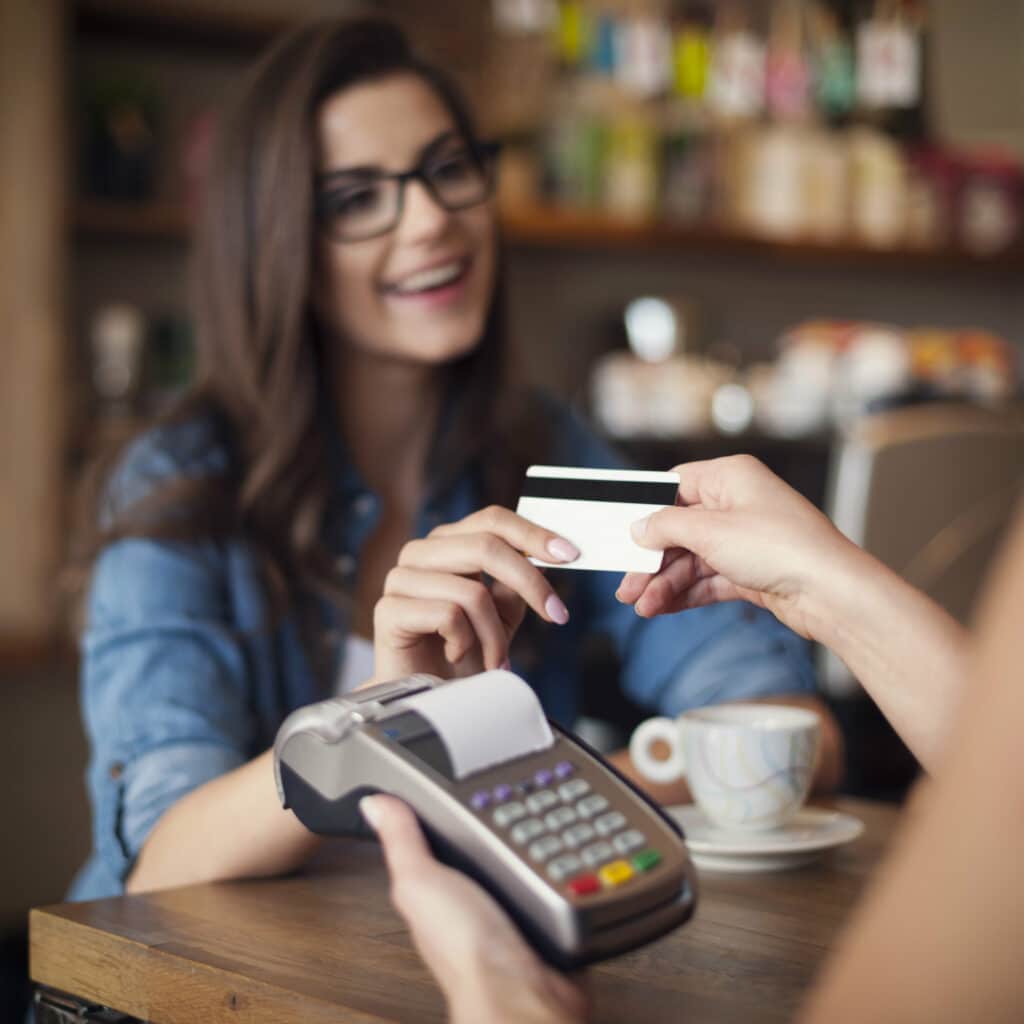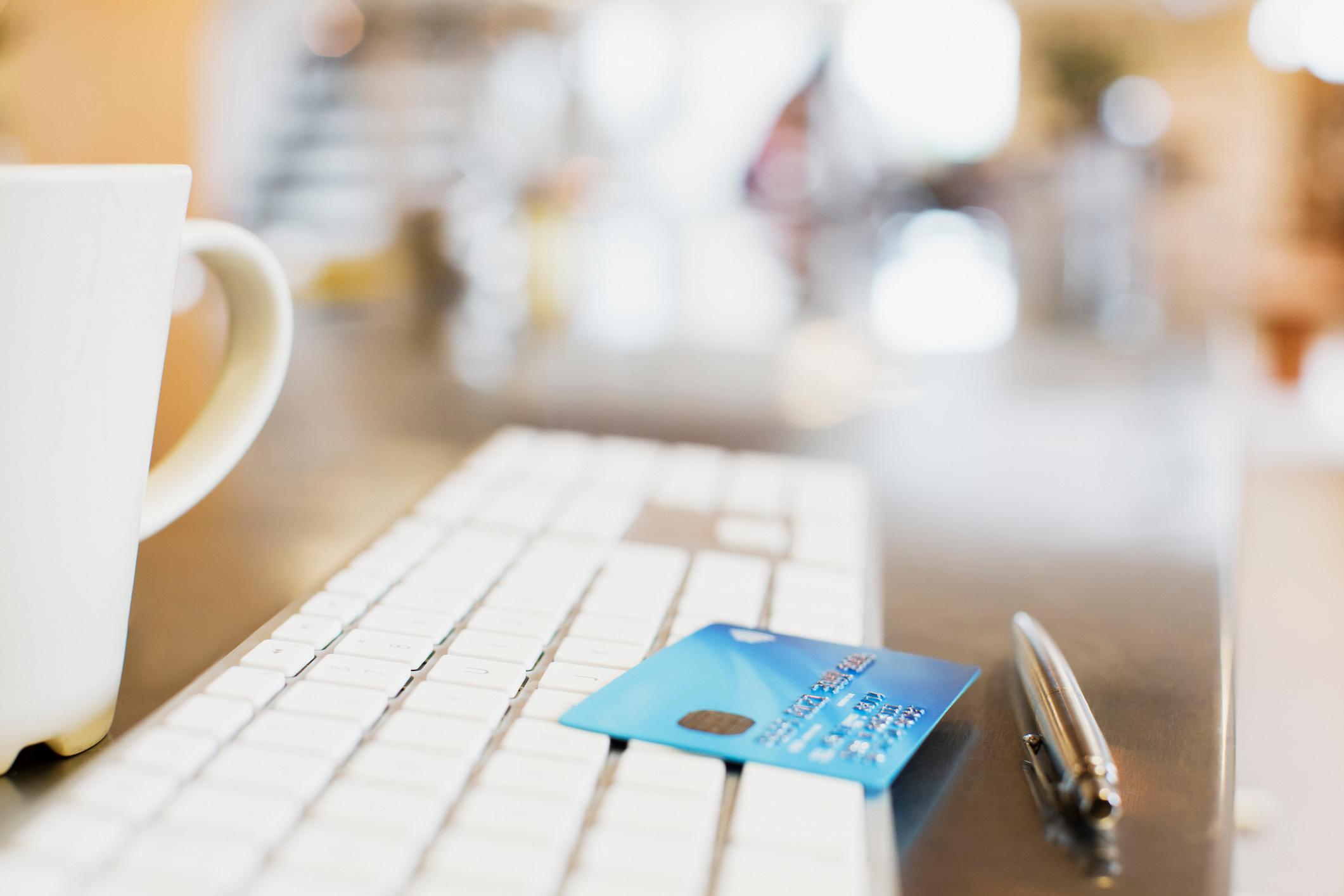Starting out with your own finances can feel like a big step, and getting your very first credit card often comes up as a key part of that. It's a tool that, when used thoughtfully, can help you build a solid financial footing for what comes next. Lots of folks wonder which choice is the right one, or perhaps what was the best choice for their particular situation, as there are many options available.
For someone just beginning, the idea of picking a credit card might seem a little overwhelming, you know, with so many different kinds out there. It’s a bit like trying to pick the best flavor of ice cream when you love them all, or perhaps which container, be it plastic, wood, or metal, would serve your purpose most effectively. What feels "best" really depends on what you hope to accomplish and how you plan to manage your money, as a matter of fact.
This discussion aims to make that initial selection process a bit simpler, focusing on what truly helps someone new to credit. We’ll explore what makes a credit card a good pick for a beginner and how to use it in a way that helps your financial standing grow stronger over time, so you can feel more sure about your money matters. Basically, we're here to help you figure out which one is the best for you right now.
- Nicholas Godejohn 2025
- Emily Compagnos Husband
- Judy Dinch
- June Carter Death Cause
- Trey Gowdy Plastic Surgery Nose
Table of Contents
- What Makes a Credit Card "Best" for New Users?
- Why Get a First Time Credit Card Anyway?
- How Do You Pick the Best First Time Credit Card?
- Are Secured Cards the Best First Time Credit Card Choice?
- Thinking About Unsecured Options for a First Time Credit Card
- How to Use Your Best First Time Credit Card Wisely?
- What to Look Out For with Your First Time Credit Card
- What Happens After You Get Your First Time Credit Card?
What Makes a Credit Card "Best" for New Users?
When someone says "best," it often points to something that truly serves a particular purpose or fulfills a specific desire. For instance, you might say, "I like chocolate best," meaning it's your favorite over anything else, or perhaps, "It's best that he bought it yesterday," indicating a preference for a specific action. With credit cards, what's considered "best" for someone just starting out really depends on their personal situation and what they hope to achieve, in a way. It’s not a one-size-fits-all answer, you know.
The "Best" First Time Credit Card and Your Money Habits
What one person finds to be the "best first time credit card" might be quite different for another. For some, the ideal card helps them build a credit history from scratch, while for others, it might be about getting a little something back on their everyday spending. It’s a choice that reflects personal money habits and future financial aspirations, so it's almost like picking the right tool for a very specific job. You see, the "best" choice for this purpose could vary greatly depending on the individual.
Consider someone who plans to use their card only for small, regular purchases and pay it off immediately. Their "best" card might be one with no yearly charge and simple rewards. On the other hand, someone who wants to establish a strong credit foundation might find a secured card to be their "best" option. This shows how the idea of "best" is very much connected to the individual's approach to their money, as a matter of fact.
- Luke Combs Political Stance
- Carlie Brucia Video
- Sagittarius Woman Cancer Man
- Storm Reid Family
- Royal Twins Harry
Why Get a First Time Credit Card Anyway?
Getting a credit card for the first time is about more than just having a piece of plastic to make purchases. It’s about beginning to build what people call a credit history, which is basically a record of how you handle borrowed money. This history is really important because it affects many parts of your adult life, from renting an apartment to getting a loan for a car or even a home, you know. It's like proving you can be trusted with financial responsibilities.
Without any credit history, it can be quite tricky to get approved for things that require a lender to trust your ability to pay back money. A first credit card gives you the chance to show that you are responsible with your payments, thereby creating a good record. This record, in turn, helps you get better terms on future loans and lines of credit, which is pretty important for big life purchases, basically.
Moreover, a credit card can be a helpful tool for managing everyday expenses and even for emergencies. It offers a layer of protection for purchases that debit cards might not, and it can be a lifesaver if an unexpected cost comes up and you don't have enough cash on hand right away. Of course, using it for emergencies means you still need a plan to pay it back quickly, as a matter of fact.
How Do You Pick the Best First Time Credit Card?
Picking the right credit card when you are new to this can feel like a bit of a puzzle. It’s about finding a card that fits your current financial picture and helps you move towards your future money goals. You want to pick something that supports good habits rather than leading you into trouble, so it's almost like choosing the right path at a crossroads. The "best" choice here truly sets the tone for your financial future.
Looking at the Best First Time Credit Card Features
When you are looking for your "best first time credit card," there are a few things to consider. One major point is whether the card has an annual fee. Many cards for new users do not charge a fee each year, which can be a good thing, especially when you are just starting out and might not be using the card for many big purchases. A card without this yearly charge means one less thing to worry about paying, you know.
Another important feature is the interest rate. This is the cost of borrowing money if you don't pay your full balance each month. For a first credit card, it’s really wise to look for a card with a reasonable interest rate, though the goal should always be to pay your balance in full and on time every single month. If you always pay everything off, the interest rate becomes less of a concern, which is good, as a matter of fact.
Some cards offer rewards, like a small percentage of your spending back as cash or points you can use for other things. While rewards can be nice, for a first credit card, they are usually not the most important thing. Focus first on building good credit habits and understanding how the card works. A card with simple rewards, or none at all, might actually be the "best first time credit card" for learning the ropes without getting distracted by complex reward systems, honestly.
Are Secured Cards the Best First Time Credit Card Choice?
For many people just beginning their credit journey, a secured credit card is often considered a very good option, perhaps even the "best first time credit card." With a secured card, you put down a deposit, which then becomes your credit limit. For example, if you put down $200, your spending limit on the card would be $200. This deposit acts as security for the card issuer, reducing their risk, you see.
The reason these cards are so helpful for beginners is that they make it easier to get approved, even if you have no credit history at all. You use the card just like a regular credit card, making purchases and then paying your bill each month. The key difference is that your own money backs the card, so it’s a bit like borrowing from yourself, in a way. This helps you show that you can handle credit responsibly, which is pretty important.
As you use the secured card well – by paying your bills on time and keeping your spending low – the card issuer reports your good behavior to the credit bureaus. Over time, this consistent positive reporting helps build your credit history and improve your credit scores. After a certain period, often six to twelve months, some secured cards may even "graduate" to an unsecured card, and you get your deposit back, which is nice, as a matter of fact.
Thinking About Unsecured Options for a First Time Credit Card
While secured cards are a common starting point, some people might qualify for an unsecured credit card as their "best first time credit card." Unsecured cards do not require a deposit. These are more like the traditional credit cards you might be familiar with. Approval for these often depends on having some form of income or a co-signer, or perhaps being a student, you know.
Student credit cards are a common type of unsecured card for young adults. They are designed for college students who typically have little to no credit history. These cards usually come with lower credit limits and sometimes offer modest rewards related to student life. They can be a good way to start building credit while you are still in school, which is pretty helpful, actually.
Another option could be a retail store credit card. These cards are tied to a specific store and can often be easier to get approved for, even with limited credit history. They usually offer discounts or special financing for purchases made at that store. However, their interest rates can be quite high, and they might only be useful if you frequently shop at that particular store, so you have to be careful with them, as a matter of fact.
How to Use Your Best First Time Credit Card Wisely?
Getting your "best first time credit card" is just the beginning; using it wisely is what truly makes it a valuable tool. The way you handle this card will set the stage for your future financial well-being. It’s like learning to drive; getting the car is one thing, but knowing how to operate it safely and effectively is quite another, you know.
The most important habit to form is paying your bill on time, every single month. This is arguably the single most impactful thing you can do for your credit score. Missing payments, or paying late, can really hurt your credit standing and stay on your record for a long time. Setting up automatic payments for at least the minimum amount can help you avoid this, which is a good idea, as a matter of fact.
Another crucial habit is keeping your credit utilization low. This means not using too much of your available credit. If your credit limit is $500, try to keep your balance well below that, perhaps under $150 or $200. Lenders like to see that you are not maxing out your cards, as it suggests you are not overly reliant on credit. A good rule of thumb is to keep your usage below 30% of your limit, if possible, you know.
Regularly checking your credit card statements is also a smart move. This helps you spot any incorrect charges or suspicious activity quickly. It also helps you keep track of your spending and make sure you are not spending more than you planned. It’s your money, after all, and staying on top of it is just good practice, basically.
What to Look Out For with Your First Time Credit Card
Even with the "best first time credit card," there are things to watch out for. Credit cards can be very helpful, but they also come with responsibilities and potential pitfalls if not managed carefully. Being aware of these can help you avoid common mistakes, which is pretty important, actually.
Be cautious of hidden fees. While many beginner cards avoid annual fees, some might have fees for late payments, exceeding your credit limit, or even for balance transfers or cash advances. Make sure you read the cardholder agreement carefully to understand all the potential costs involved. Knowing these upfront can save you from unpleasant surprises, you know.
Understand how your credit score is affected. Every time you apply for a new credit card, it usually results in a "hard inquiry" on your credit report, which can slightly lower your score for a short period. This is why it's usually not a good idea to apply for many credit cards all at once, especially when you are just starting out. Pick one or two that seem like the "best first time credit card" options and stick with them, as a matter of fact.
What Happens After You Get Your First Time Credit Card?
Once you have your "best first time credit card" and you start using it responsibly, you'll begin to see changes in your financial standing. This isn't a quick process, but it's a steady one, building block by block. It's a bit like planting a tree; it takes time and consistent care to grow strong, you know.
Your credit score, which is a number that represents your creditworthiness, will likely start to improve. As you consistently make on-time payments and keep your balances low, this number will gradually go up. A higher credit score can open doors to better financial products and lower interest rates on loans later on, which is really quite beneficial, honestly.
Over time, as your credit history gets longer and stronger, you might qualify for credit cards with better rewards, higher credit limits, or more attractive interest rates. This could mean moving from a secured card to an unsecured one, or from a basic card to one with more perks. The "best ever" card for you will likely change as your financial needs and credit history evolve, just as the reference text implies that what was the "best ever" up to a certain point might be surpassed later, as a matter of fact.
This initial credit card experience helps you learn valuable lessons about managing money, setting budgets, and understanding financial agreements. These are skills that will serve you well throughout your life, making your financial future more secure and giving you more choices, which is pretty important, basically.
This article has covered the considerations for choosing a credit card for someone new to credit, including what makes a card a good fit, the reasons for getting one, how to pick the right one by looking at features like fees and interest rates, and the role of secured cards. We also touched on unsecured options, how to use your card wisely by paying on time and keeping balances low, and what potential issues to be aware of. Finally, we explored how using your first card well can lead to a better credit score and more financial opportunities over time.
Related Resources:



Detail Author:
- Name : Kenneth Lesch
- Username : shania02
- Email : domenico.kunze@jakubowski.com
- Birthdate : 1984-04-19
- Address : 5794 Zaria Mall Apt. 734 West Kathrynton, NJ 00213-8403
- Phone : (507) 837-9345
- Company : Herzog-Wilkinson
- Job : Computer Security Specialist
- Bio : Et quae rerum non commodi occaecati veritatis aut. Non rerum aut aut rem. Quos nisi eos dolor autem quasi.
Socials
tiktok:
- url : https://tiktok.com/@madisenheidenreich
- username : madisenheidenreich
- bio : Et doloremque nostrum quia facere esse aliquid.
- followers : 3097
- following : 2461
facebook:
- url : https://facebook.com/madisen_heidenreich
- username : madisen_heidenreich
- bio : Distinctio qui odio quo sed. Corrupti et voluptatem earum libero.
- followers : 5086
- following : 577
linkedin:
- url : https://linkedin.com/in/madisenheidenreich
- username : madisenheidenreich
- bio : Autem molestiae est harum voluptatum sunt.
- followers : 4301
- following : 1353
instagram:
- url : https://instagram.com/madisen_heidenreich
- username : madisen_heidenreich
- bio : Sapiente non unde ut et maiores iure. Similique dolorum nihil dolor est et officia et.
- followers : 5667
- following : 878
twitter:
- url : https://twitter.com/madisenheidenreich
- username : madisenheidenreich
- bio : Placeat molestiae numquam mollitia possimus quasi maxime. Mollitia totam qui vitae odio et. Saepe autem deserunt ut est qui.
- followers : 4180
- following : 819